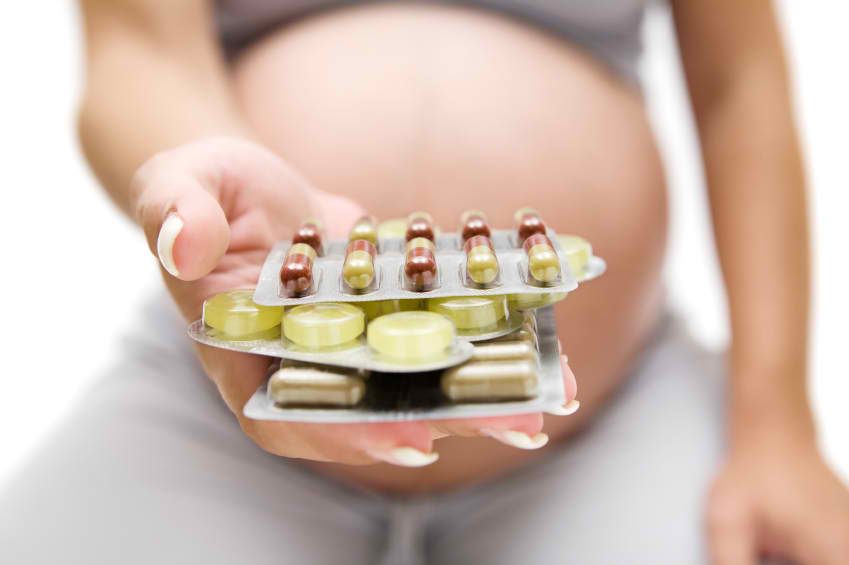You are expecting a baby. And are confused about which types of medications and over the counter drugs to stay away from during pregnancy. During the first eight weeks of pregnancy, you need to avoid all medications, because the heart, lungs, and brain of the baby are formed during that time. So, what are the medications that need to be refrained as you are pregnant, particularly in the first 8 weeks of pregnancy?
Don’t worry because here is the list of drugs to avoid during pregnancy.
1. Herbs
Basically, during pregnancy, herbal medicines could be good and safe but there are some certain herbs that you strictly need to avoid. Some herbs such as aloe vera, yarrow, licorice, rosemary, ephedra, ginseng, pennyroyal, cinnamon, and wormwood that you need to avoid during pregnancy.
2. Antifungal Medication
During your gestation phase, when you experience yeast infection, you need to consult a gynecologist instead of taking an anti-fungal medication. The medications can damage your unborn fetus growth rate. In addition, the medications have the active ingredients that can easily penetrate via the placental barrier and move into the fetal cord blood, too.
3. Antihistamines
You also should avoid antihistamines during pregnancy if you’re allergic to the active elements. Antihistamines can prevent certain side effects such as dry mouth, drowsiness and dizziness during pregnancy. You should try making a few simple lifestyle changes such as keeping your house clean, running the air conditioner or putting your dirty shoes outside to overcome asthmatic attacks and other allergens. You also try non-drug interventions, including exercising, nasal strips, yoga, as well as salt-water nasal sprays.
4. Aspirin
As you know, for migraine headaches, doctors often prescribe aspirin. However, during pregnancy, intake of aspirin will increase the chance of several other complexities. Especially, taking aspirin increases the chance of miscarriage as well as placental abruption during the early phase of pregnancy.
5. Nasal Decongestants
Typically, nasal decongestants help you deal with the symptoms of the itchy and stuffy nose, and watery eyes as well. But taking nasal decongestants is not recommended by doctors during pregnancy because they induce some certain side effects such as insomnia, a headache or vomiting. Instead of using nasal decongestants, you can inhale the steam to overcome nasal congestion. You can use warm showers or humidifiers that help to expand your airways.
6. Painkillers
It’s best to avoid using painkillers if you suffer a mild pain or a headache during pregnancy. Instead, you can overcome these problems by indulging in alternative treatments such as massage, reflexology or yoga. Doctors may recommend you to avoid using painkillers like ibuprofen and acetaminophen, at least for the 1st trimester.
7. Tranquilizers
Tranquilizers, such as Valium and Librium need to avoid during pregnancy. During pregnancy, addiction to tranquilizers increases the risk of facing withdrawal symptoms of your baby.
8. Acne Medications
The hormonal imbalance in the body during pregnancy makes you face skin acne. You need to avoid using acne medication like Retin-A and Accutane because they aren’t safe during pregnancy. A few of the common birth defects related to acne medicines include heart defects, facial abnormalities, and brain malformations as well. You can regain the skin glow naturally as the level of hormone becomes normal again.
9. Anticonvulsants
During pregnancy, intake of anticonvulsants also increases the chances of preterm delivery as well as miscarriages. During pregnancy, you need to avoid anticonvulsants like Diazepam or Clonazepam.
10. MAO Inhibitors
You also should avoid using antidepressants consisting of MAO inhibitors like Phenelzine or Isocarboxazid. It is advisable to try to perform the relaxation techniques when you experience severe depression.
Along with this also take care to avoid these foods during pregnancy.

